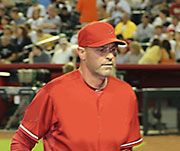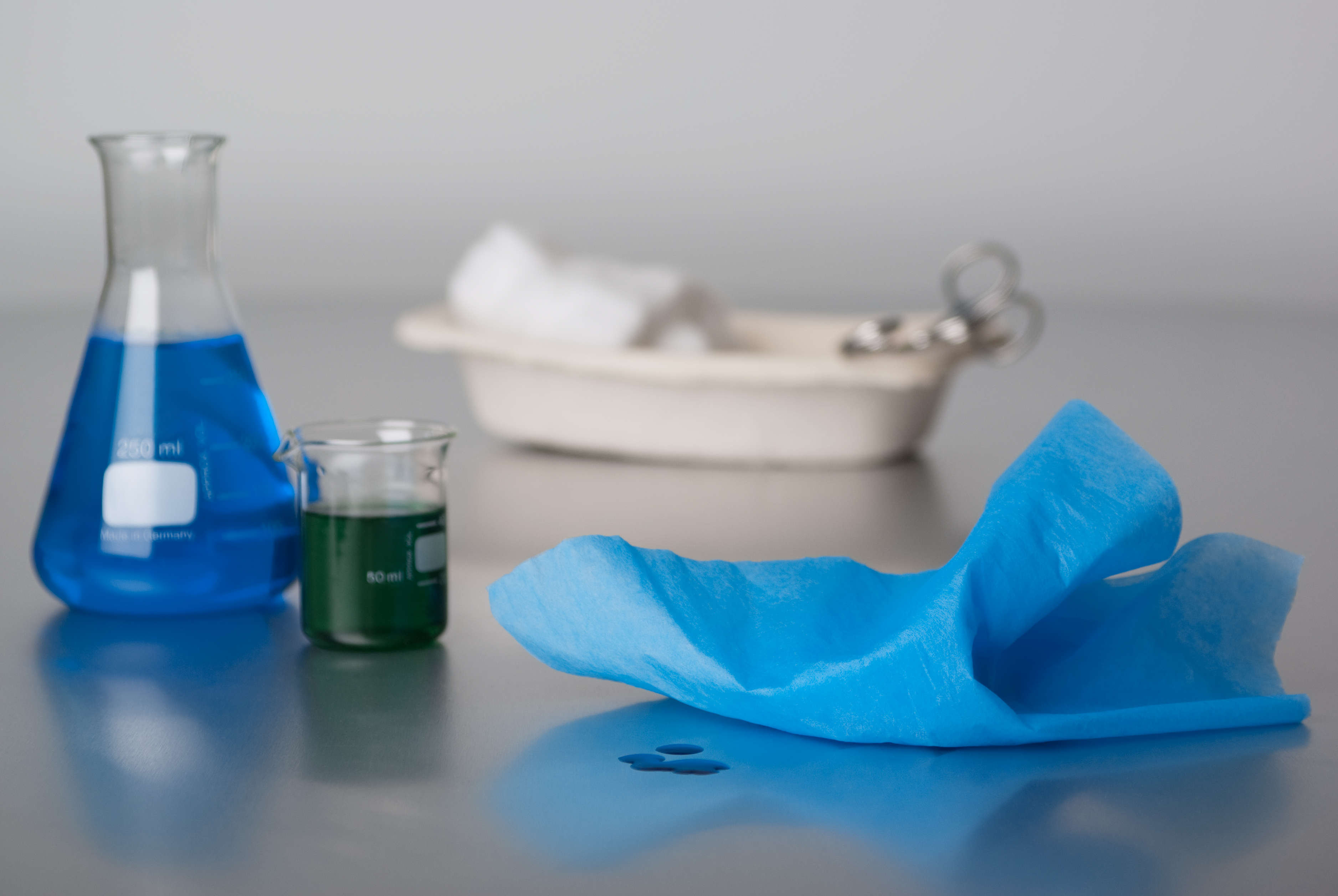
TUESDAY, April 28, 2015 (HealthDay News) — Kirk Gibson, who played 17 seasons of Major League Baseball and is perhaps best known for a dramatic pinch-hit, ninth inning home run to win a World Series game in 1988, said Tuesday he has Parkinson’s disease.
Gibson, 57, a Michigan native who played 12 seasons with the Detroit Tigers, said in a statement that “I have faced many different obstacles in my life, and have always maintained a strong belief that no matter the circumstances, I could overcome those obstacles.
“While this diagnosis poses a new kind of challenge for me, I intend to stay true to my beliefs,” he added. “With the support of my family and friends, I will meet this challenge with the same determination and unwavering intensity that I have displayed in all of my endeavors in life. I look forward to being back at the ballpark as soon as possible.”
According to the U.S. National Institutes of Health (NIH), Parkinson’s disease is a movement disorder that occurs when there’s a lack of the brain chemical called dopamine. Sometimes the cause is genetic, but most cases don’t seem to run in families. Exposure to chemicals in the environment may play a role.
Parkinson’s usually begins around age 60, but it can strike earlier. It’s more common in men than in women.
The NIH says symptom onset is usually gradual, often affecting one side of the body and then later both sides. Symptoms include trembling of hands, arms, legs, jaw and face; stiffness of the arms, legs and trunk; slowed movement; poor balance and coordination.
As symptoms worsen, people may experience trouble walking, talking or doing simple tasks. Depression, sleep problems and trouble chewing, swallowing or speaking can also set in.
Parkinson’s can be hard to diagnose in some people because there’s no lab test for it. To make a diagnosis, doctors use a medical history and a neurological examination, according to the NIH.
There’s no cure for Parkinson’s. Some medicines can be helpful, and surgery and deep brain stimulation can help severe cases, according to the NIH.
Dr. Lawrence Severt, attending neurologist at Mount Sinai Beth Israel Medical Center in New York City, said, “Mr. Gibson is approaching his diagnosis with the best possible attitude — strong resolve to educate himself about Parkinson’s disease, to exercise and maintain a healthy lifestyle, and to engage with family, friends, and community.
“Advances in medical and surgical treatment, as well as recognition of the importance of staying physically fit, have greatly improved the prognosis for someone diagnosed with Parkinson’s disease in 2015,” Severt added.
Dr. Andrew Feigin, director of the Experimental Therapeutics Unit at the Feinstein Institute for Medical Research in Manhasset, N.Y., said patients receiving a new diagnosis of Parkinson’s “may continue to function at a high level for many years. Medications that replace dopamine in the brain can have dramatic and lasting benefits for the motor problems associated with Parkinson’s disease. We also encourage patients to remain as physically active as possible and to exercise regularly, which may also lead to better long-term outcomes.”
Gibson was a key member of the Detroit Tigers’ 1984 championship team. He also played for the Los Angeles Dodgers, the Kansas City Royals and the Pittsburgh Pirates. His pinch-hit home run for the Dodgers in Game 1 of the 1988 World Series against the Oakland Athletics endures in baseball lore because he limped around the bases due to injuries, the Detroit Free Press reported.
He was named the National League Most Valuable Player in 1988.
Gibson also managed the Arizona Diamondbacks from 2010-14. This season he signed on to help broadcast Tigers games for Fox Sports Detroit, but hadn’t been in the broadcast booth since Opening Day, April 6, because he was undergoing tests, the Associated Press reported.
Other well-known figures with Parkinson’s disease include Muhammad Ali and the actor Michael J. Fox.
More information
To learn more about Parkinson’s disease, visit the Parkinson’s Disease Foundation.
Copyright © 2026 HealthDay. All rights reserved.

